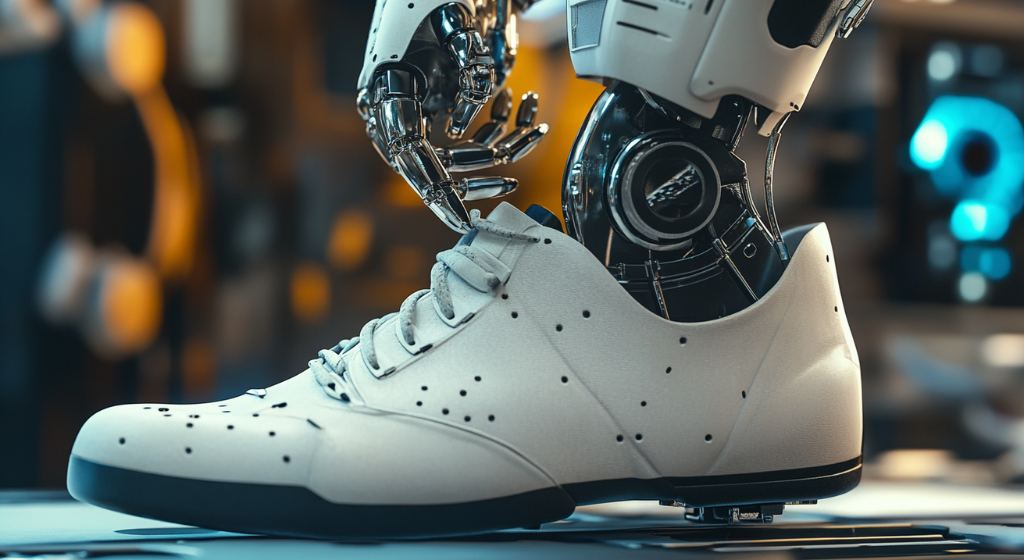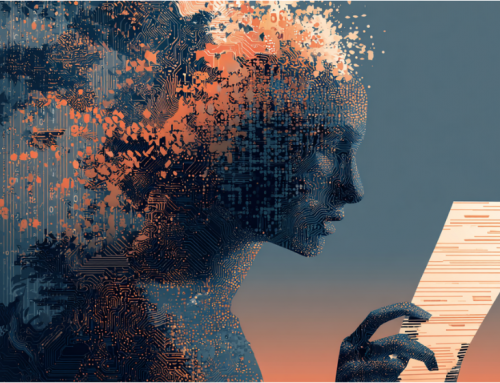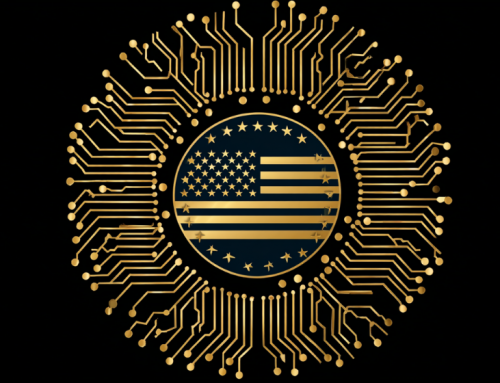
While most human children learn to tie their shoes by age 5 or 6, robots have struggled with this task for decades, but Google DeepMind researchers have now demonstrated a method that enables robots to successfully tie shoes through advanced learning techniques. (Source: Image by RR)
Google DeepMind’s Robots Now Capable of Tying Shoes and Performing Self-Repairs
Google DeepMind has achieved a significant breakthrough in robotics by teaching a robot to autonomously tie its shoes and even repair other robots. As reported in techcrunch.com, while children typically master the task of tying their shoes by age six, robots have struggled with such dexterous tasks for decades. In a recent paper, DeepMind researchers demonstrated how robots can now perform intricate functions such as tying shoelaces, hanging shirts, and even fixing fellow machines, marking a major milestone in robot learning.
To achieve this, DeepMind utilized a new learning platform called ALOHA Unleashed, along with their simulation program, DemoStart. These tools allow robots to learn tasks by observing humans, a method that significantly enhances their ability to perform complex actions. The platform provides a framework for teaching robots to execute fine motor skills that were previously too intricate for autonomous systems. By analyzing human behavior, the robots gain the ability to replicate and adapt to similar tasks in a real-world environment.
The research highlights how visual demonstrations can be used to train robots to tackle a wide range of dexterous challenges, from tying a shoelace to manipulating delicate objects. This development opens up new possibilities for robotics in fields such as healthcare and assistive technology. For example, robots with these advanced skills could be used to help people with disabilities by performing tasks that require fine motor skills, making daily life easier for those who struggle with such actions.
Beyond personal assistance, the ability for robots to fix other robots introduces exciting potential in industrial and manufacturing settings. As machines become more autonomous, their ability to self-repair could reduce downtime and maintenance costs, further streamlining production processes. DeepMind’s research paves the way for robots to take on more complex roles in society, blending artificial intelligence with real-world functionality in groundbreaking ways.
read more at techcrunch.com







Leave A Comment